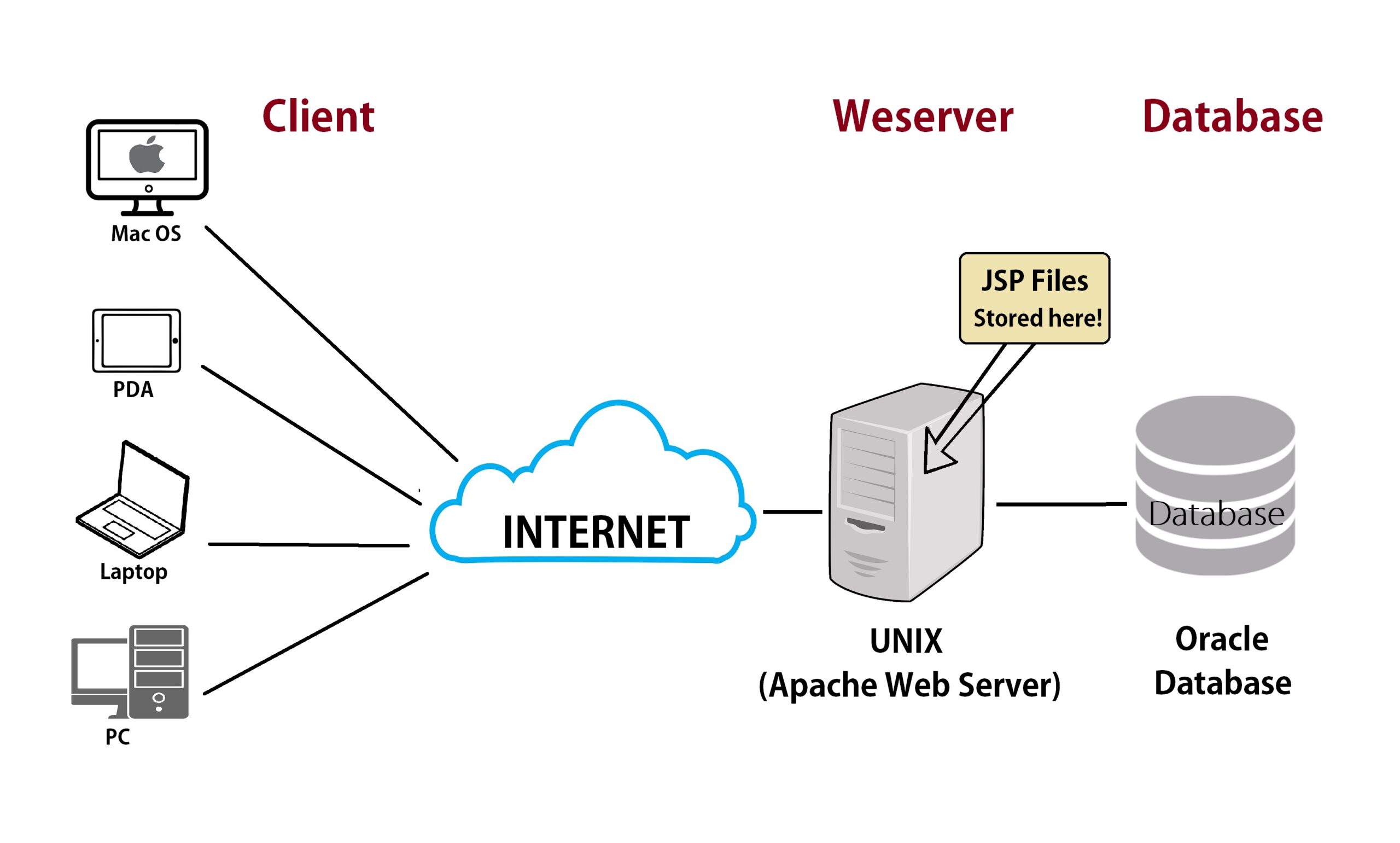Empowering Minds: The Transformative Power of Education

Education is not merely the acquisition of knowledge; it is the cornerstone of personal and societal development. In today’s rapidly changing world, the role of education has become more critical than ever. It is not just about imparting information; it is about fostering critical thinking, creativity, and adaptability. This blog post explores the multifaceted impact of education on individuals and society, emphasizing its transformative power in shaping minds and building a better future.
I. The Foundation of Personal Growth:
From early childhood to adulthood, individuals are constantly learning and adapting to new challenges. Formal education provides essential skills, knowledge, and values that enable individuals to navigate the complexities of life. It instills a sense of curiosity, cultivates a love for learning, and equips individuals with the tools to explore and understand the world around them.
A. Early Childhood Education:
Early childhood education lays the groundwork for future academic success and social development. Research consistently demonstrates that quality early education programs contribute to improved cognitive abilities, enhanced social skills, and increased academic achievement. Investing in early childhood education is, therefore, a crucial step in ensuring a strong educational foundation for all individuals.
B. Lifelong Learning:
Lifelong learning has become a necessity in a world where technology, industries, and societal norms are constantly evolving. Continuous education enables individuals to adapt to change, stay relevant in the job market, and contribute meaningfully to society.
II. Fostering Critical Thinking and Creativity:
Beyond the acquisition of facts and figures, education plays a pivotal role in fostering critical thinking and creativity. These skills are essential for problem-solving, innovation, and adapting to an ever-changing world.
A. Critical Thinking:
Education encourages individuals to question, analyze, and evaluate information critically. The ability to think critically is crucial in making informed decisions, solving complex problems, and navigating the challenges of the modern world. Cultivating critical thinking skills empowers individuals to be discerning, independent thinkers.
B. Creativity:
Education should not stifle creativity but nurture it. Creativity is the driving force behind innovation and progress. Arts, music, and other creative outlets within the educational curriculum contribute to a well-rounded education that encourages original thought and expression. Fostering creativity equips individuals with the ability to approach challenges with fresh perspectives and find innovative solutions.
III. Bridging Socioeconomic Gaps:
Education has the power to bridge socioeconomic gaps and promote social equality. Access to quality education provides individuals with the tools to overcome economic barriers, empowering them to pursue opportunities and break the cycle of poverty.
A. Equal Access to Education:
Ensuring equal access to education for all is a fundamental step towards building an inclusive society. Governments, communities, and educational institutions must work together to eliminate barriers such as economic disparities, gender discrimination, and geographic challenges. By providing equal educational opportunities, societies can unlock the potential of every individual, irrespective of their background.
B. Empowering marginalized communities:
Education has the potential to empower marginalized communities by equipping individuals with the skills and knowledge needed to uplift themselves. Efforts to improve education in underserved areas, provide scholarships, and address systemic inequalities contribute to a more just and equitable society.
IV. Building Global Citizens:
In an interconnected world, education plays a crucial role in shaping individuals into responsible global citizens. Beyond national borders, education fosters an understanding of diverse cultures, perspectives, and global challenges. It promotes empathy, tolerance, and a sense of shared responsibility for the well-being of the planet and its inhabitants.




